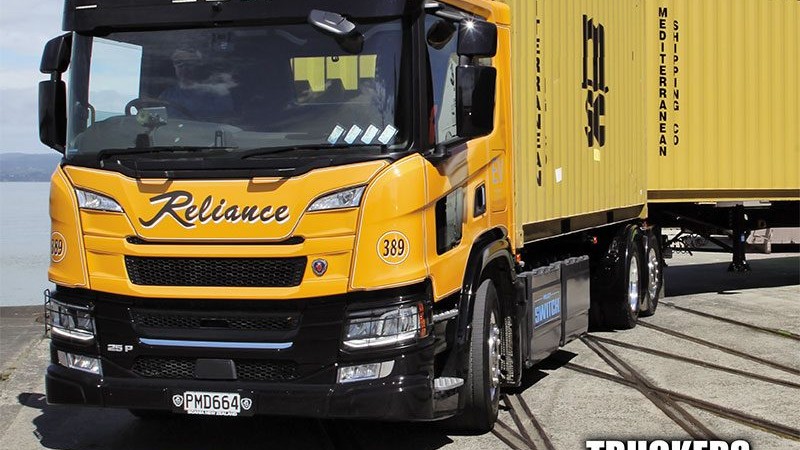New year, new… Potholes

And just like that, we’re back, and our first issue for 2023 is on the shelves. Hopefully, this year will be a smoother ride – if only slightly. I’m sure I’m not the only person left feeling as though 2022 was two years in one. A lot was quickly crammed into only half a year or so of ‘normalcy’ after the government lifted the last Covid-19-related restrictions.
Over the break, I read an article quoting psychologist Naomi Holdt. She insightfully described how the heightened exhaustion felt at the end of the year could be attributed to not having started it “on a full tank” in the first place. She described 2022 as “fighting a hurricane”. Given that it took all of 19 days before New Zealand’s first big story of 2023 resigned itself to the nation’s news feeds, I suspect December did little to weaken our own local cyclone.
Whatever comes, though, 2023 will be the first full year ‘back to normal’ post- pandemic, so I wish everyone the energy to make the most of it.
Through it all – as ever – trucks and trucking didn’t stop. So, to business – potholes… What a month of mudslinging January was for potholes.
It began on 28 December with a string of tweets by Transport Minister Michael Wood explaining away potholes in response to news reports, with examples of extreme weather, the National government’s double act of freezing maintenance spending and introducing HPMV permits, and the incumbent’s increased maintenance spend and simultaneous focus on reducing emissions.
Ia Ara Aotearoa Transporting New Zealand responded on 15 January, calling for urgent action and funding by the government as potholes and road-quality issues reach record levels, saying that Waka Kotahi “has confirmed that the agency received a record number of complaints about vehicle damage caused by potholes in the first 10 months of 2022 (555 complaints compared with 421 in 2021).”
CEO Nick Leggett said: “It’s not just about road maintenance. We also need the government to recommit to new roading capacity to ease the strain on our existing network.
“We acknowledge that there are a number of factors beyond the current government’s control impacting our road network, but the blame game isn’t going to fix the potholes and stop people’s vehicles being damaged.”
Indeed.
By 20 January, Waka Kotahi jumped on its soapbox to “correct the record” and revise Transporting New Zealand’s figures to 351 (2022) and 348 (2021) complaints about potholes and road surfaces, adding the figure of 555 “relates to compensation claims made for damage across a wide number of categories”.
“We accept the number of these complaints has increased. However, it is wrong to describe all of them as pothole complaints,” said Deborah Hume, acting general manager of transport services at Waka Kotahi.
But the association quoted complaints about vehicle damage?
Just three days later and with a new PM now on the cards, National Road Carriers CEO Justin Tighe-Umbers called for the newcomer, Chris Hipkins, to “prioritise fixing our roads by committing annual spend to cover all the road repairs needed”.
He also called for a 50-year roading infrastructure plan to be locked in out of political reach. “This will give road contractors a pipeline of work and the confidence to invest in tooling up, delivering more roading for the dollar over the long-term.”
If only.
On a trip to Auckland in January, I decided to do a rough count of road issues on SH1 from the intersection with SH29 at Piarere to Manakau. I spotted 52 individual sections of damaged road – not just potholes – on the 140km northbount route. Accounting for the pristine 22km Hamilton bypass and roughly 4km of roadworks at Drury, that’s a damaged section of road every 2.2km.
In my mind, that’s a revealing illustration of the state of the nation’s major routes – especially in the North Island.
Yes, the associations are correct with their calls and suggestions. Yes, this government has increased maintenance spending, and yes, we know Waka Kotahi has to tackle the problem with one hand tied behind its back. Yes, we’ve heard it all before and are going around in circles. Maybe next year will start with the news of some actual actionable solutions.
If we survive the hurricane…

Read more
On land and sea
0 Comments5 Minutes
International learnings
0 Comments4 Minutes
Super Swede
0 Comments11 Minutes





